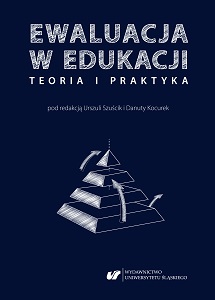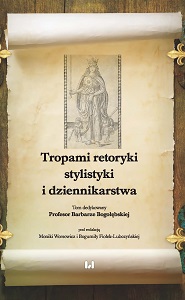
Basic education and evaluation in Finland
Finnish 15 years old pupils have been very successful in the OECD’s PISA tests. In recent years, the level of students’ attainment has declined. The change between the year 2001 and year 2012 is significant. In Finland, basic teaching carries out both educational and didactic task. The national core curriculum for basic education is determined by the Finnish National Board of Education, and it was introduced in schools in August 2006. The amendments to the national core curriculum and the evaluation were introduced in 2016. The evaluation is carried out on a consistent basis in the provinces. The entrepreneurial approach and inclusion are regional priorities, which are taken into account in the evaluation. The principles of the evaluation are, among others, incentives, entrepreneurial mode of operation, continuity, promotion of learning, truthfulness and cooperation with parents. School must provide an evaluation feedback at least once during a school year. The feedback may be given in the form of the intermediate certificate, the evaluation announcement or the evaluation debate. Self-assessment is also in use. Verbal assessment is used for the school year certificate in the 1–3 grades. The grading system used for the evaluation of school year, expressed in numerical form, may be supplemented by verbal evaluation in the 4–6 grades. The intermediate evaluation is carried out as an assessment discussion in the 1–5 grades, a student and the parents are also present. What is additional challenges for the evaluation are, among others, flexible basic education, teaching in hospital and teaching for immigrants.
More...
